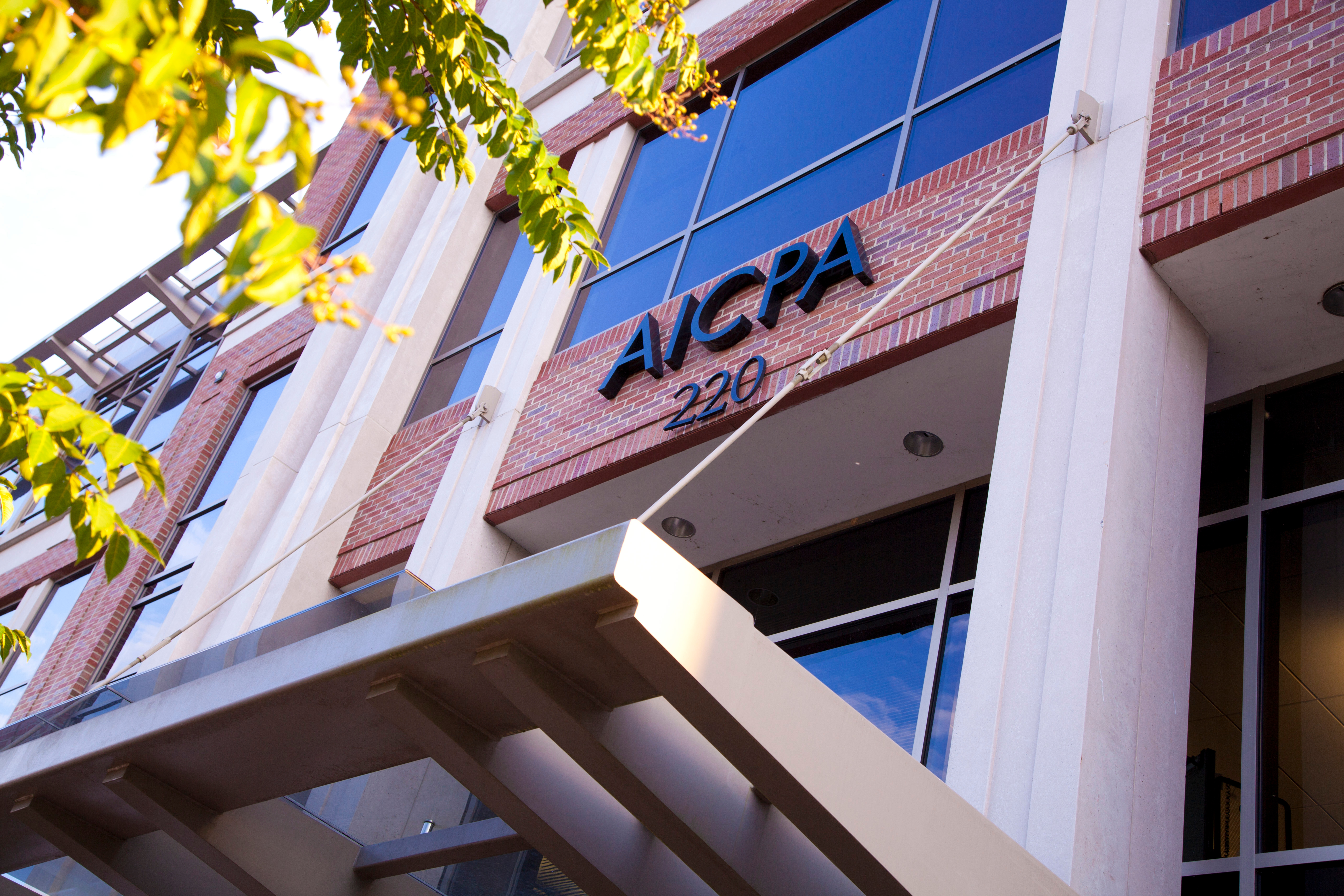The American Institute of CPAs is asking CPAs to contact their representatives in Congress and push them to back legislation allowing businesses who receive Paycheck Protection Program loans to be able to deduct their business expenses, even if their loans are forgiven.
Back in August, the AICPA joined with more than 170 other organizations in urging Congress to include a technical correction to the CARES Act in its next round of coronavirus stimulus legislation. However, the stimulus package has continued to be stalled since last spring amid continued disagreements among Democratic and Republican lawmakers and the Trump administration over the size and scope of the next round of relief for the pandemic. In May, the AICPA also expressed support for a bipartisan Senate bill, the Small Business Expense Protection Act of 2020, but it too has remained stalled in Congress. A similar House version is known as the Protecting the Paycheck Protection Program Act.
The issue took on further impetus last week when the Treasury Department and the Internal Revenue Service issued guidance that effectively formalizes their previous indications of opposition to allowing small businesses to deduct expenses on forgiven loans (see story). Now, in the waning days of the current congressional term, the AICPA is hoping to mobilize its members to advocate for the changes.
The prospects for another coronavirus package are slight this year and are likely to fall to the Biden administration next year and a narrowly divided Congress. But the current Congress is also facing the prospect of passing a necessary spending bill in December to avert a government shutdown, and that could include other provisions such as one about PPP loan forgiveness’s effect on business expense deductions.
On Monday, the AICPA called upon CPAs to ask Congress to pass the Small Business Expense Protection Act and the Protecting the Paycheck Protection Program Act.
“CPAs are now assisting business and individual clients with year-end tax and cash flow planning, which is critical not only for filing 2020 returns, but also to determine their operating needs for 2021; planning in the midst of coronavirus-induced economic uncertainty is particularly important,” said AICPA vice president of taxation Edward Karl in a statement. “PPP recipients — particularly small businesses — cannot afford to be surprised with a tax bill next year on their PPP loan expenses and more than ever before need to be able to project how much cash they will have to cover their basic expenses. And for owners of small, pass-through businesses, this translates to their homes and families directly. Members of Congress must act now and pass this legislation to ensure that struggling businesses and their owners can recover.”
The AICPA argues that the intent of the CARES Act was to allow the deductibility of expenses related to loan forgiveness, even though the statute itself was silent on the issue. But the publication of the IRS and Treasury guidance in Notice 2020-32, and last week in Rev. Rul. 2020-27, settled the policy by denying PPP borrowers the ability to deduct the same expenses that qualified them for loan forgiveness.